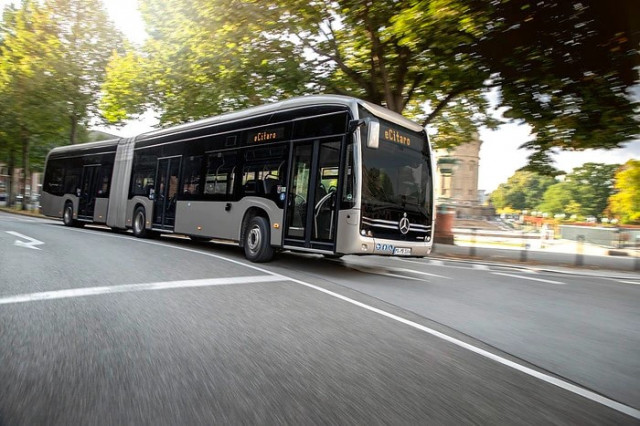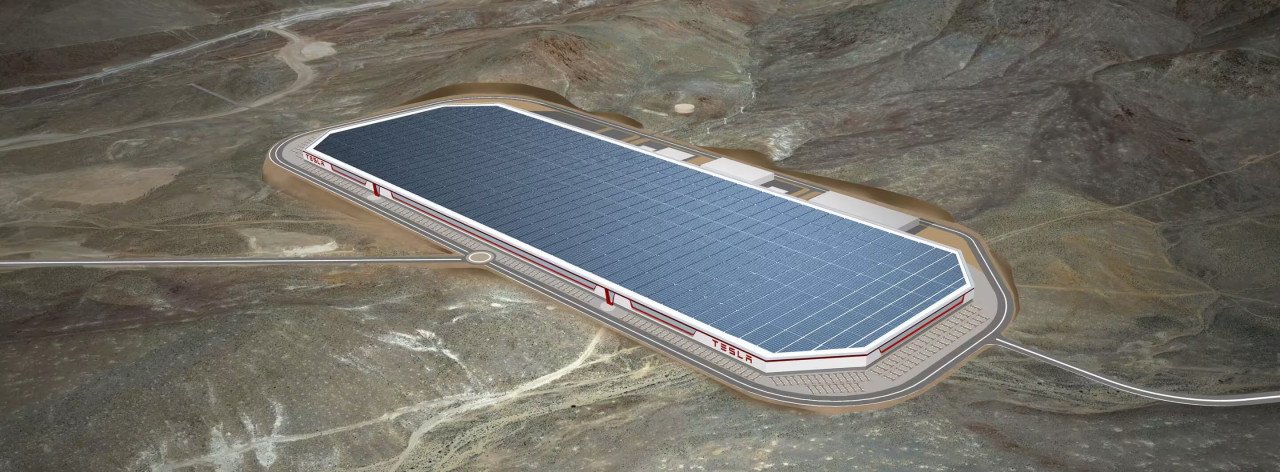Daimler Buses affirms dual-track strategy based on batteries and hydrogen
Daimler Buses has announced that it aims to offer locally CO2-neutral vehicles based on batteries and hydrogen in every segment by 2030. The initial focus will be on the core markets of Europe and Latin America.
By 2039, only locally CO2-neutral new vehicles are to be sold in the core market of Europe, said the company. In the city bus segment, this is to be the case in Europe as early as 2030. Daimler Buses is also expanding its service offerings as a general contractor for customers' complete electric infrastructure.
Till Oberwörder, Head of Daimler Buses, said, "As a worldwide leading bus manufacturer, our ambition is clear; we want to make a contribution to contending climate change and be a driver of the change in transportation that is needed to achieve this. To this end, we are pursuing a clear electrification strategy and putting buses with alternative drive technologies on the road in series production".
"We want to offer locally CO2-neutral powertrains for each of our segments in our most important markets by 2030 and therefore make a clear commitment. We are focusing our development efforts entirely on the zero-emission and fully electrically powered eCitaro", he added.
In line with the dual-track strategy of its parent company Daimler Truck, Daimler Buses is also focusing on both battery-electric and hydrogen-based technologies, as this is claimed by the group as the only way to offer tailored zero-emission solutions for the diverse needs of its customers.
From next year onwards, Daimler Buses will equip its Mercedes-Benz eCitaro battery-electric city bus with a hydrogen-based fuel cell as a range extender. This extends the range of the bus up to 400 kilometers, and can cover even demanding routes and meet all transport operators range requirements.
On the other hand, Daimler Buses will offer the eCitaro with a new generation of high-performance batteries from this year end. The high-energy lithium-ion batteries increase the capacity per battery cell by around 50 percent for the same weight and enable reliable ranges of around 280 kilometers.
The company has revealed that production of the first purely battery-electric bus chassis from Daimler Buses for Latin America and markets in the Oceania region will start this year.
The "eO500U" chassis with a range of around 250 kilometers will be manufactured at the São Bernardo do Campo site in Brazil, and is largely based on the technology of the eCitaro.



















